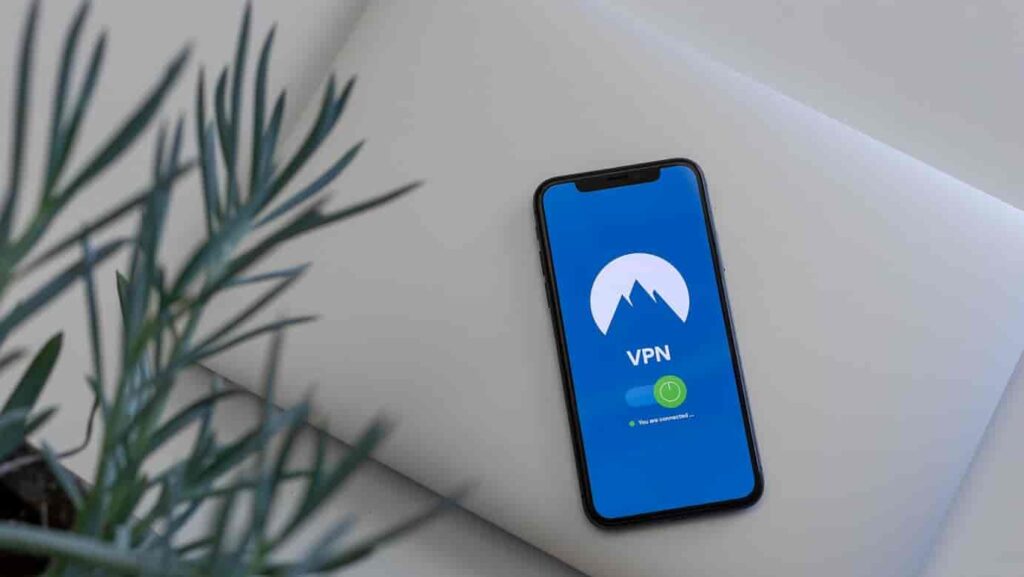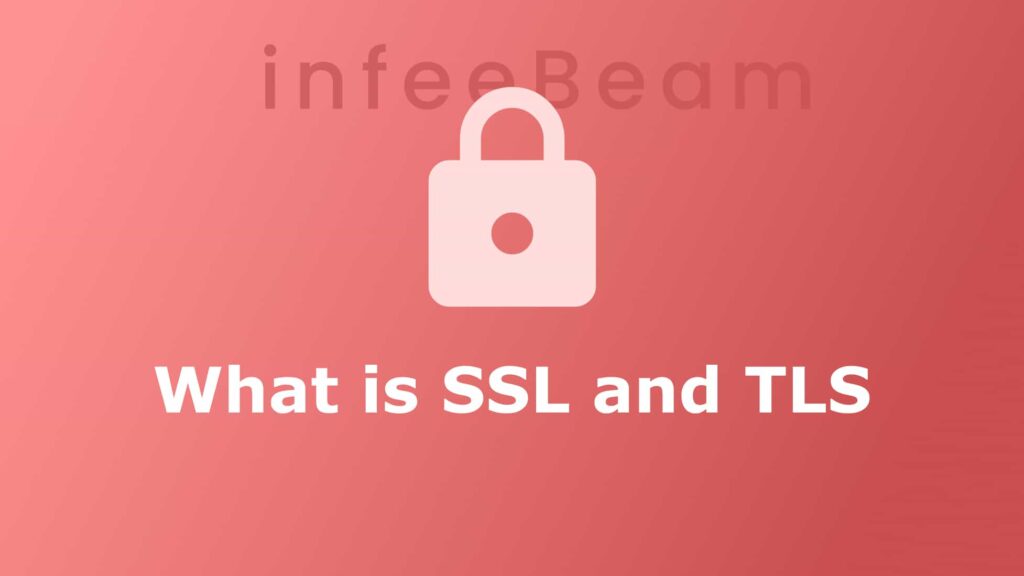The fifth generation of mobile technology, or 5G, is the latest and most advanced form of wireless communication technology present in the world. It is all set to the way of using our mobile devices and connect with the world around us. Consumers and companies together have been eagerly awaiting the arrival of 5G technology. Certainly, The impact of 5G technology on businesses and consumers is expected to be significant.
One of the most significant benefits of 5G technology is faster and more stable communication. This enhanced speed and dependability is crucial for businesses performing data-intensive operations such as video conferencing, online collaboration, and cloud computing.
What is the impact of 5G on Businesses and Consumers?
5G technology is likely to have a big impact on companies and consumers. Here are some of the possible consequences.
Faster and more reliable connectivity:
5G technology promises faster download and upload speeds, which means we can able to stream high-quality video and music, potentially, able to download large files and use data-intensive applications much more quickly with less lag.
This implies that data-intensive operations like video conferencing, internet collaboration, and cloud computing will be considerably smoother and faster for organisations. It may also facilitate the development of new technologies like as augmented and virtual reality, which have the potential to alter industries such as healthcare, education, and entertainment.
Improved network capacity and coverage:
5G mobile technology is intended to support more devices and data traffic than previous generations of mobile technology. This implies it will be able to serve more concurrent connections, which is especially significant in highly populated places where network congestion is an issue.
This implies that organisations will be capable of integrating more connected devices and IoT (Internet of Things) devices, allowing them to collect more data and automate more operations. It may also provide new chances for firms to reach customers via connected devices such as smart homes and cars.
Increased Security:
5G system integrates enhanced security measures to guard against cyber attacks. This is especially important for firms that handle sensitive data or rely on connected devices to perform critical tasks.
Increased Mobility:
5G enables instant connectivity and real-time data exchange to help clients solve problems while they are on the go. It also connects to more devices at once, resulting in a better client experience.
Increased communication effectiveness:
Telecommunications companies will be able to collect consumer data, conduct research, and do analytics utilising 5G technology in order to provide a better customer and user experience. For client onboarding and product training, telecom businesses may broadcast HD movies. Consumers and telecom service providers may use video conferencing to address problems and strengthen connections.
Higher Costs:
While 5G technology offers numerous advantages, it also has increased expenses. This requires firms to invest in new infrastructure and devices that are compatible with the new technology. For consumers, this might mean paying more for mobile plans or upgrading to new 5G-compatible devices.
Advantages and Disadvantages of 5G Technology
| Advantages | Disadvantages |
|---|---|
| Faster and more reliable connectivity | Cost of upgrading to 5G |
| Improved network capacity and coverage | Potential for increased cyber threats |
| Potential applications for autonomous vehicles | Concerns about the potential health effects of 5G technology |
| Improved security features | Limited availability in some areas |
| Enables new technologies like augmented and virtual reality | Potential for increased data usage costs for consumers |
| Supports increased device and IoT connectivity | Limited backward compatibility with older devices |
| Opens up new opportunities for businesses to reach consumers through connected devices | Potential for disruptions to existing business models |
While there are certain potential downsides of 5G technology, many of them may be overcome with careful planning, investment, and regulation. However, the benefits of 5G technology are projected to surpass the costs and any negatives, especially as companies and consumers rely more and more on mobile devices and networked technology in their everyday lives.
Conclusion:
The impact of 5G technology on businesses and consumers is expected to be huge. It promises faster and more reliable connectivity, improved network capacity and coverage, increased security, and new opportunities for businesses to reach consumers through connected devices. However, it also comes with higher costs that businesses and consumers will need to consider when adopting the new technology.


